
Katie Insley Joins as Associate Director for HR in the Netherlands
EMEA Recruitment is delighted to welcome Katie Insley to our Netherlands team. Katie joins us as an Associate Director to manage our Human Resources division for the Dutch market.
We are delighted to expand our HR offering in the Netherlands with Katie at the helm.
She joins our other specialist divisions in the Netherlands: Finance & Accountancy, Procurement & Supply Chain and Operations.
Michelle Ewing continues to lead our Netherlands department, as Country Director.**
Katie has worked within recruitment for 16 years, specialising in HR for the past 14 years. She has an in-depth understanding of the sector and how it has evolved as a critical function within businesses.
She has partnered with large international organisations, as well as SMEs, working with them to secure talent in a range of generalist and specialist HR roles.
Katie is proud to place the candidate journey and experience at the heart of her role, which enables her to build long-term, trusting relationships, supporting individuals to achieve their career goals.
She will be working with our clients on sourcing candidates for the following positions:
- Group HR Director
- HR Director
- Head/VP of HR
- HR Business Partner
- HR Manager
- HRIS Implementation Expert
- HR Executive
- Organisational Development
- ED&I Specialist
- Talent Management
- Compensation & Benefits
- Payroll
- HR Analysts
- HR Generalists
EMEA Recruitment is proud to proactively source top candidates for HR vacancies within multiple industries across the Dutch market.
If you are interested in moving forward in your HR career in the Netherlands, or if your business is searching for the best candidates available for any of these roles, contact Katie at: [email protected]
We wish Katie the best of luck as she enters her new role at EMEA Recruitment and look forward to her success in the HR sector.
Commendations of Katie's work can now be viewed on our candidate testimonials and client testimonials pages.
** Michelle's role has since changed. Please contact, Richard Bailey for any enquires in regards to recruitment in the Netherlands.

Working in the Office vs. from Home: What's the Best Mix?
Many of us had to adapt to working from home during the COVID-19 pandemic, but what mix of home working and working in the office would we prefer?
Employees were advised to work from home where possible from March 2020 onwards in both Switzerland and the Netherlands, as the pandemic took hold in Europe.
Although flexible working was already quite common across Europe prior to COVID-19 restrictions, remote work has still been a new phenomenon for many office workers. But do we actually prefer working from home, or have we missed working from the office?
The pandemic will have given many employers and employees the opportunity to consider home working for the first time. Moving forwards, some workers may feel that they prefer working from home, and could try to split their working hours between the office and home. Some may never want to return to the office at all.
At EMEA Recruitment, we wanted to hear from our network across Switzerland and the Netherlands, to determine how many days people prefer working in the office versus working from home.
The results may be interesting to managers, particularly in the Human Resources sector, considering how to integrate remote working in the future.
On LinkedIn, we ran a poll for one week from 21st -28th October. We had a total of 1,364 votes on the survey, which asked respondents to vote for their ideal mix of office work/working from home.
The poll revealed a staggering preference for working one to two days from home, with the remaining days in the office. This option won 47% of the vote, with 642 professionals choosing this mix.
The second most popular choice highlighted a clear preference for remote working, with 38% of respondents (or 524 people) opting for working three to four days from home.
In fact, working from home five days per week was the preferred option for 10% of people (130), indicating that the days of full-time office work may be behind us. Just 5% of professionals (68) said they would like to work in the office five days a week.
Although many of us would like to be in the office most of the time, companies should be aware of how many professionals feel that working from home is beneficial to them in some way. Perhaps the changes brought about by the pandemic could enforce more flexible working conditions for office workers moving forwards, in line with their clear preferences.
We would be interested to hear from HR leaders who are navigating the changing world of work on your plans for the future. If you based in Switzerland, please contact Keely Straw or if you are in the Netherlands, contact Katie Insley.

Swiss Paternity Leave: Too Much, or Not Enough?
The Swiss population has voted to introduce statutory paternity leave, as part of a package of new measures. But is now the right time to prioritise fathers’ rights?
On 27th September 2020, statutory paternity leave of two weeks was put to a national vote. It covers 80% of a biological father’s earnings if claimed within the first six months of childbirth. It is estimated to cost CHF230m per year (£195m), with the money taken from the social security system, funded in equal parts by employers and employees.
Although Switzerland sits at the bottom of the table when it comes to paternity leave in Europe – at just two to three days under the code of obligations – Swiss People’s Party politician Michele Moor believes it is too “costly and superfluous” to introduce a two-week statutory paternity leave at a time of “severe economic crisis”.
He also takes a biological approach to his opposition, insisting that “laws of nature must be accepted”. However, he does appreciate that fathers may want to spend time with their newborns, as he claims men should use their “holiday time – which could not be put to better use than in the first year of a child’s life”.
Maya Graf, a Green Party Senator, focuses more on the need to improve fathers’ rights and adapt to a “modern society”.
“Switzerland is an outlier in Europe,” she has claimed. Graf believes that a two-week statutory paternity leave will “give fathers equal rights and reduce the risk to mothers’ careers”.
60% of the Swiss population voted in favour of statutory paternity leave, which mirrors EMEA Recruitment’s own findings.
When we conducted a poll on LinkedIn of 725 professionals about a month ago, 82% of respondents said that statutory paternity leave in Switzerland should be longer than the proposed two weeks. Just 2% said it should be shorter, while another 2% believe it shouldn’t be introduced at all. 14% said two weeks is the right amount.
Moor claims that introducing paid leave will “not add to the equality of the sexes”.
He makes a point that it will not eliminate the “unacceptable disparity in pay between men and women”, although Graf argues that statutory paternity leave will “counter labour shortages” and allow “both parents to participate from the start, with housework and childcare duties”.
Graf’s argument will ring true with a lot of Swiss women, who are expected to give up their careers when they have children and stay at home.
Aside from Moor’s concerns over the “expansion of the welfare state”, paternity leave doesn’t seem the most pressing issue when it comes to family life and gender equality in Switzerland.
At 14 weeks, maternity leave is at the lower end of the scale. More importantly, there is no job protection after the return to work, which can leave women vulnerable to redundancy in the event they choose to return part-time. Childcare is expensive, the school day is relatively short and does not tend to cover lunchtimes.
All of these are factors which contribute to a mere 41% of women working full-time, by contrast with 82% of men. By extension, this leads to 64% of managerial positions being occupied by men.
As a father who lived in Switzerland during the births of two children, one of our former colleagues, Mark Dowsett, agreed that statutory paternity leave should be introduced. However, he is concerned that bigger issues could have been addressed first.
Switzerland has lots of catching up to do when it comes to women’s roles within the family, but it certainly wouldn’t hurt to keep up to date with fathers’ rights, too.
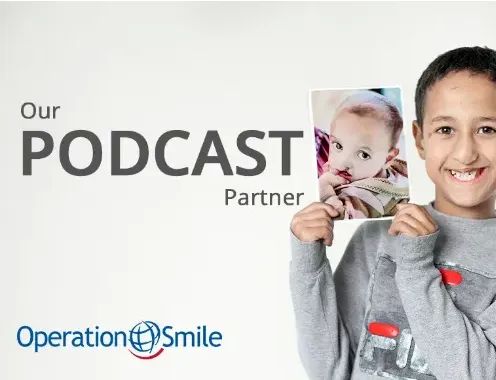
Operation Smile Becomes the Official Partner of the EMEA Recruitment Podcast
EMEA Recruitment is pleased to announce that international medical charity Operation Smile has become the official partner of our podcast.
We hope to raise vital funds and awareness of the work that Operation Smile does to deliver free surgery to children suffering from cleft lip and cleft palate through this partnership.
This ongoing charity partnership kicks off with a podcast dedicated to the work carried out by Operation Smile, with one of its Consultant Anaesthetists and UK Medical Director, Dr. Phil McDonald.
In future episodes of the EMEA Recruitment podcast, listeners will continue to hear about the worldwide impact of Operation Smile and be encouraged to donate.
A cleft is more than just a visual condition. It impacts every aspect of a person’s life. However, it can take as little as 45 minutes and cost just £150 to provide surgery on an Operation Smile medical mission – this can change a life forever.
As EMEA Recruitment’s podcast partner, Operation Smile is hoping to change numerous lives.
It’s something that our Founder, Paul Toms, has a strong personal connection with, as he was born with a cleft lip and palate.
“I was lucky enough to have the expertise of great NHS dentists and surgeons to work on my case,” he explained. “I can’t compare the challenges I faced with those of the young children Operation Smile help.
“All I can say is that, from my experience over the years, I changed from being afraid my uniqueness would define me, to embracing the fact that it defined me.”
Paul added: “When I read about the challenges some children and parents across the world have to endure to receive the surgical care they need, and the amazing team at Operation Smile that can help bring safe cleft surgery to them, I knew I wanted to help in any way I could.
“I want to help children experience the support, care and skill that I experienced on my journey, and hope we can do this with Operation Smile.”
Listen to Dr. Phil McDonald’s podcast episode here.
Learn more about our Operation Smile partnership and donate at: emearecruitment.com/operation-smile
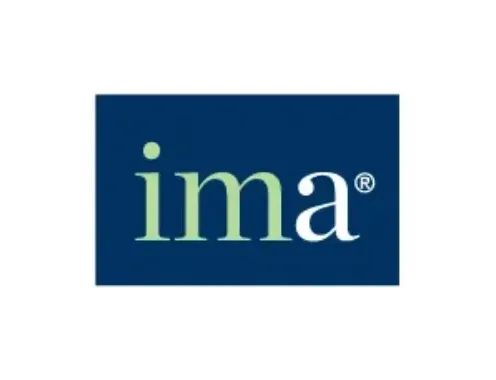
We've Partnered with IMA to Benefit Finance Professionals
EMEA Recruitment is pleased to announce a new business partnership with IMA® (Institute of Management Accountants), to provide career development support to Finance professionals across Europe.
This relationship will support professionals through shared thought leadership, relevant career development information and joint business networking events.
EMEA Recruitment candidates will also receive a free, three-month trial membership with IMA. This benefit includes:
- Access to IMA’s proprietary CareerDriver® assessment and development tool
- Free select continuing education courses
- Webinars
- IMA’s professional publications
- Networking through IMA’s local chapters and myIMA network
- Access to IMA’s CMA® (Certified Management Accountant) program
Paul Toms, the Founder of EMEA Recruitment, said: “With this strategic alliance, businesses and individuals now have greater access to resources and services to help them adapt to a digital age and changes in the profession, and prepare for future growth.”
Alain Mulder, IMA Senior Director of European Operations, added: “A crucial element to furthering the management accounting profession is to support those who are looking to explore future career options and maximise their potential.
“By working together with EMEA Recruitment, we’re able to share valuable tools, information and resources to a larger pool of professionals.”
For more information on the partnership and to sign up for your free, three-month trial membership, click here: https://www.emearecruitment.com/pages/institute-of-management-accountants
Please contact John Byrne, Country Director, for further details: [email protected]
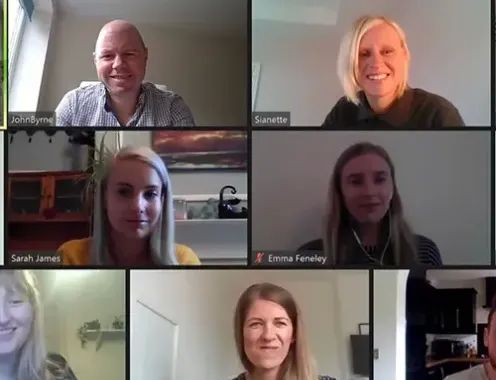
EMEA Recruitment's Employee Wellbeing Week with PDP UK
At the beginning of July, we welcomed the team from PDP UK to lead wellbeing courses for all employees at EMEA Recruitment.
With most members of staff continuing to work from home due to the coronavirus pandemic, we wanted to add some light to everyone’s home-working experience. It was fantastic to see people laughing, enjoying each other’s company, and working and playing as teams.
PDP UK ran 90-minute sessions for three teams of EMEA Recruitment staff. The specialist personal development training provider has a proven track record of designing and delivering effective and bespoke packages around issues such as engagement, attainment and employability.
Each session had everyone work in teams to complete a variety of tasks - although this was quite difficult over Zoom, the staff adapted to their settings.
The focus on employee wellbeing also enabled staff to discuss the current lockdown situation with each other. They were encouraged to talk through the following topics:
- How they were feeling about the coronavirus pandemic
- Reflecting on what they have learnt about themselves during lockdown
- What they will take forward when lockdown is over
- The people who have helped them through the past few months
Emma Feneley, a Senior Consultant in our Swiss team commented…“The thing I liked about the session was that it wasn’t your typical wellbeing session focused on breathing, meditation, yoga etc., even though I massively buy into those techniques.
“It was more about completing the session and realising that you had just spent an hour and a bit focused on something different entirely, and had forgotten completely about work, emails, coronavirus etc.”
PDP UK uses relevant theories, and tried and tested methodologies. It supports the general wellbeing of individuals and groups through the provision of personal development courses and workshops, which enable staff to take a positive and proactive approach to life.
If you would like an introduction to the PDP UK team, please contact Richard Bailey.

EMEA podcasts
The EMEA Recruitment podcast welcomes guests from across our network and beyond to share their career journeys, advice, and inspirational stories.




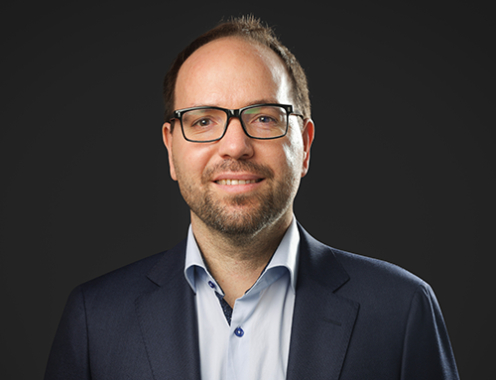

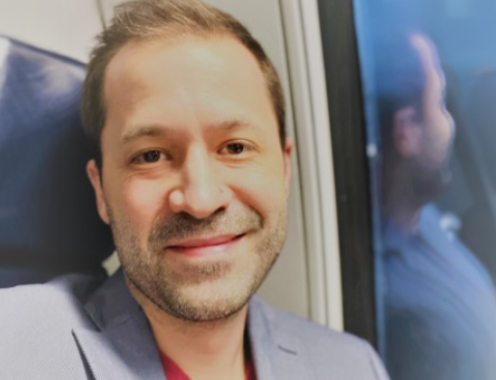
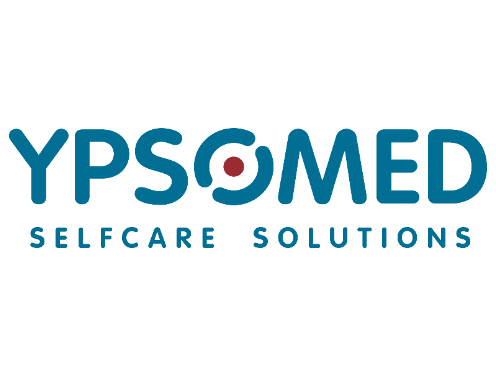
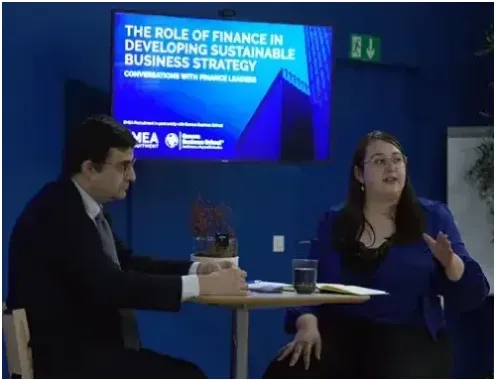
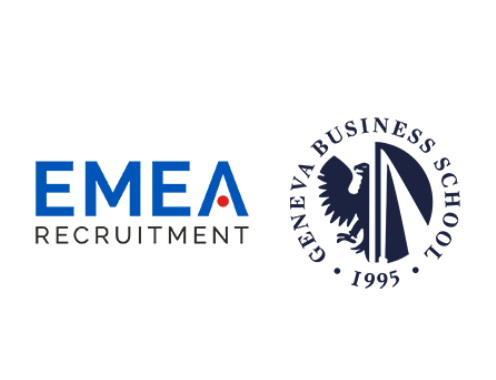
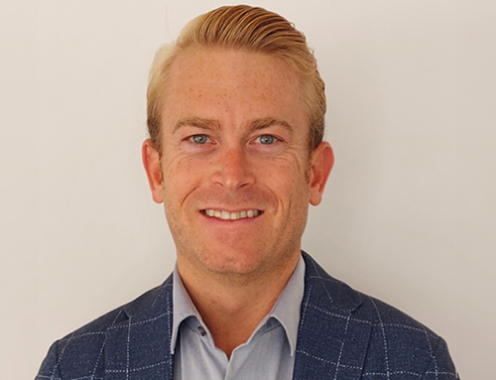
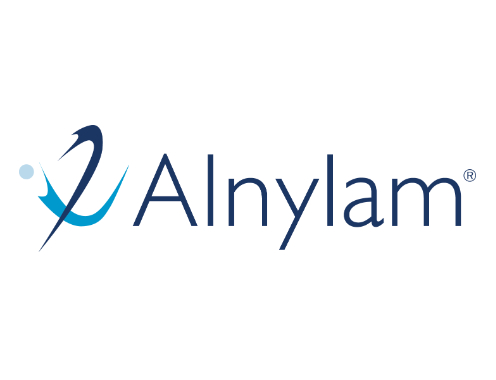

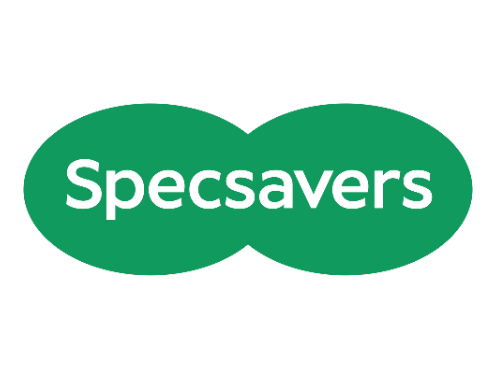
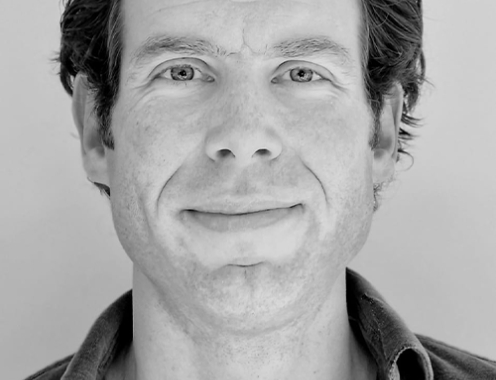

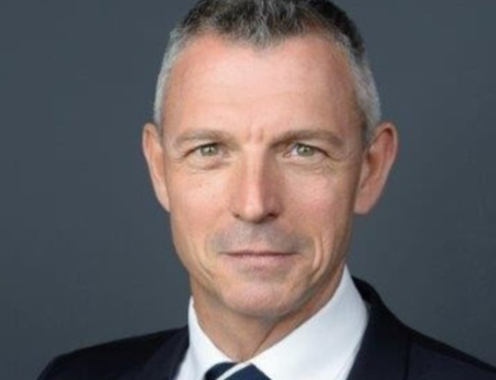
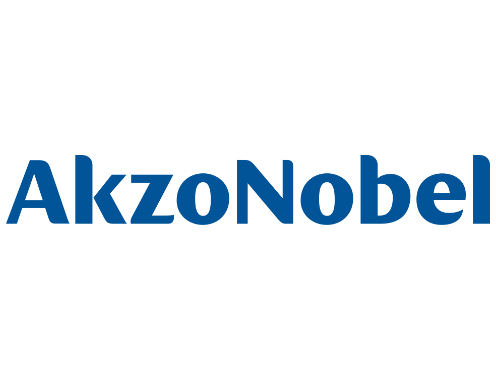


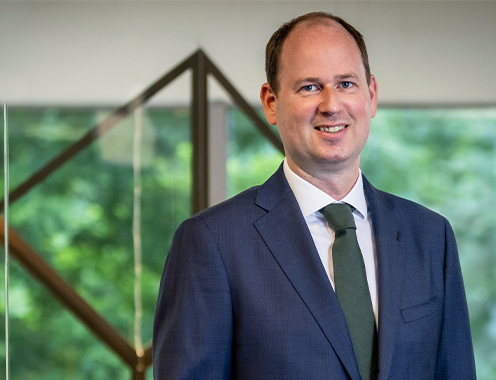
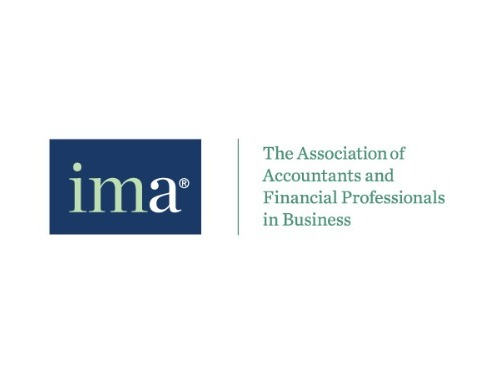


You can also use your social account to sign in. First you need to:
Accept Terms & Conditions And Privacy Policy